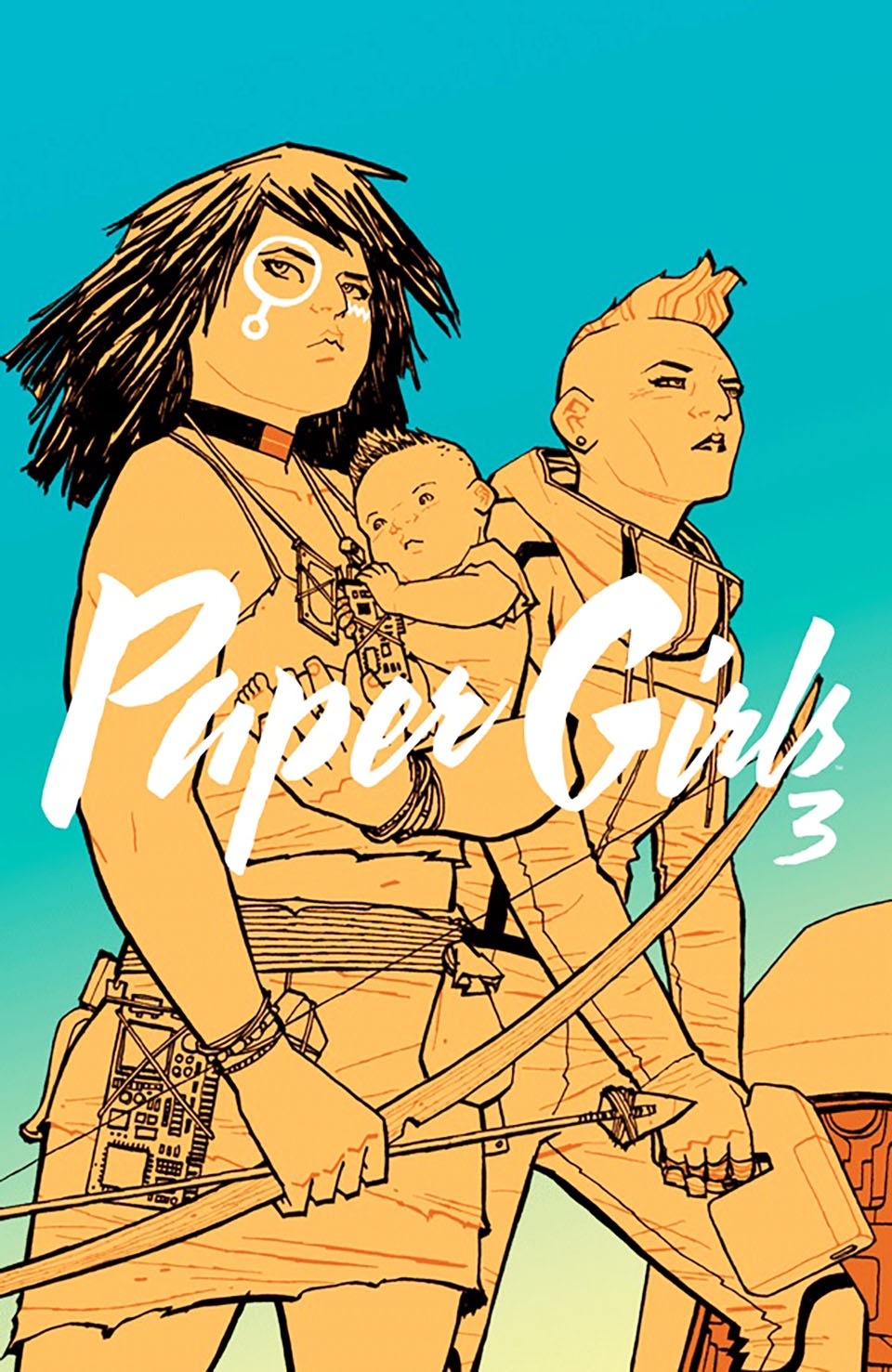Hannah Boucher | Staff Writer
09/26/19
A little over a year after the release of a 10-episode season on Netflix, Matt Groening works his magic yet again with Disenchantment, season 2.
The concept of an “adult” cartoon is not a new one — in fact, Groening has been whipping out animated shows for grown-ups since 1989 with the release of The Simpsons. Unlike Groening’s other creations, Disenchantment is a fantastical experience, full of magical creatures, somewhat noble quests and a kickbutt heroine.
Picking up right where season 1 left off, the main antagonist, Princess Tiabeanie, or Bean, (voiced by Abbi Jacobson), finds herself in a new land far from her home of Dreamland. Consumed by guilt, due to the events of the previous season, Bean sets out to make things right.
Recruiting help from her own personal demon-pal, Luci (Eric Andre), the two go on an epic journey, picking up the loveable Elfo (Nat Faxon) along the way. Once the trio is reunited, they embark on yet another adventure.
Throughout season 2, viewers get to see Bean, as well as those around her, cope with the aftermath of season 1. Many of the regulars begin to display a different side of their character than previously seen.
Groening successfully develops his characters into dynamic individuals, capable of carrying their own subplot. Between Luci, Elfo, Bean and others, Groening fills each second with more than just empty humor. While the jokes are a constant, they are methodically woven into the dialogue, careful not to take attention away from the plot.
Bean’s father, King Zog (John DiMaggio), develops a stronger relationship with his daughter, while also dealing with a major heartbreak. Although his character is mostly used for comedy in season 1, audiences get to see a different side of Zog due to this new relationship with Bean. This adds some more emotional depth to the humorous cartoon.
What makes Disenchantment so different from other modern adult cartoons is its content. While there are some crude jokes thrown in here and there, a major social issue is brought up this season — gender equality.
From the beginning of the series, Bean is established as a strong character, willing to take risks and go against the grain. Although Bean is a princess, she does not fit the archetype of a damsel in distress. In fact, she is the one doing most of the rescuing. Bean is initially forced into following what is expected of a princess, she eventually is able to show her father that the expectations set before her are ridiculous.
This time around, however, Bean is faced with the fact that she is not allowed to do everything a man can do in her kingdom. Whether it is attempting to address her father in court, put on her own play or even help rule the kingdom, Bean finds herself being shut down by the old-fashioned men in her kingdom. Recognizing the issue of gender discrimination, Bean begins to fight back, but this issue is still not fully resolved by the end of the season. I predict it will continue to be dealt with during the third season.
My favorite part of this season was the ninth episode, titled, “The Electric Princess.” While Disenchantment is a fantasy show, this episode tackles the sci-fi genre, much like Groening’s other show, Futurama. While I hope this episode doesn’t permanently change the set-up of the show, it provided a great tone-shift for the season finale.
Overall, the second season of Disenchantment does not disappoint. Like with most Netflix shows, I found myself bingeing the new episodes as soon as they were released. Groening has truly proved himself to be a versatile writer, finding the humor in all different settings.



